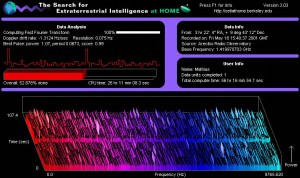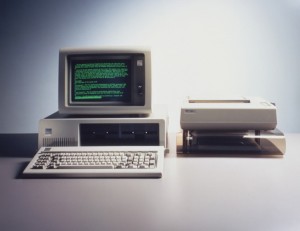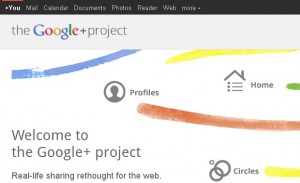What on earth is LHC@home?
LHC@home stands for Large Hadron Collider at home. LHC@home is a new project involving your PC and the Large Hadron Collider. But why do they need your PC?
Too much data
Basically, the Large Hadron Collider throws particles around a 27km tunnel underneath the Swiss Alps and then smashes them into each other. The process is much more complicated than that, but you get the idea.
All this creates astronomical amounts of data, far too much for the projects computers to cope with. So how are the scientists ever going to make sense of the data they have gathered? The answer: you.
LHC@home 2.0
Way back in 2004 there was the idea to use the computing power of willing members of the public, to help analyse the data collected from the collider. This project was called LHC@home. To say the least, it didn’t really work out as planned, which is why project LHC@home 2.0 is now underway.
LHC@home 2.0 is an improved and updated version of LHC@home. Home computers are now much more powerful than in 2004 meaning that they are more likely to be able to cope with the complexity of simulating highly complex particle collisions.
The public aren’t going to be doing all the work, the Large Hadron Collider has it’s own massive supercomputer network, however by harnessing the spare capacity on (hopefully soon to be) millions of peoples home PC’s worldwide, then data can be analysed much faster.
SETI@home
LHC@home isn’t the first project of it’s kind however. SETI@home is another project which users can get involved in. All you do is install a screen saver and then when you are not using your PC, it starts to help in the search for extraterrestrial intelligence!
Do your bit for science!
Why not do your bit for science and offer your PC to help the LHC@home or SETI@home project?


